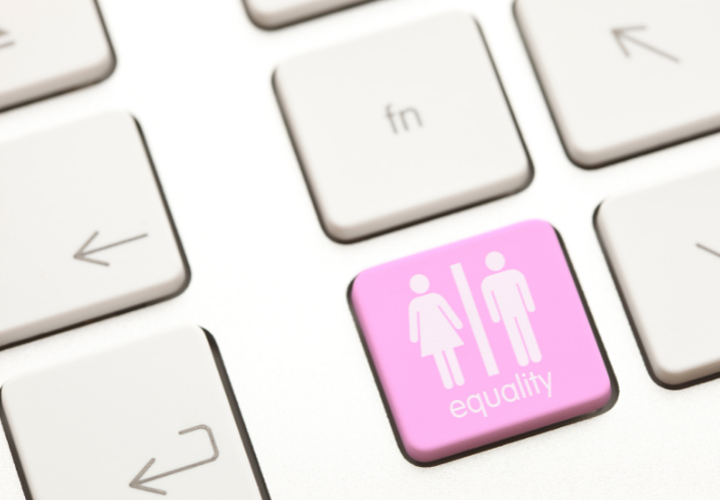Equality Plan
Equality Policy ITCL Technology Centre
ITCL’s Equality Plan stems from Organic Law 3/2007 for effective equality between men and women, which aims to implement a more active policy and positive measures to eliminate discriminatory measures as far as possible in all areas. The Equality Plan is a mandatory measure for companies with between 50 and 100 employees as of 07/03/2022.
Thus, in April 2021 work began on the Equality Plan and in September 2021 the Negotiating Committee for the 1st ITCL Equality Plan was set up, made up of representatives of the company and representatives of the workers, and one of the main trade unions (Comisiones Obreras) was invited to participate.

Since its foundation, ITCL’s culture has been imbued with, among many other principles, equal treatment and opportunities for men and women. Our HR policy is based on the development of people’s skills (technical and managerial), regardless of their sex or any other personal consideration, as we believe and as our track record attests.
However, aware that we have to continue working for this effective equality, and faithful to our commitment to society and to our culture and vision of creating a better day-to-day life for people, we express our firm commitment to this principle of being proactive in achieving it, with all the tools at our disposal.
Scope of application and validity of the Plan
This plan applies to all the people who work in ITCL, that is to say, to all the current staff, as well as to those who join our organisation in the future. The commitment of our staff is to extend our values in this area to all the collaborators (people and institutions) with whom we work.
This plan, as a set of ordered measures aimed at achieving the objectives set out in it, is valid for a period of 4 years from the date of signature.
GENERAL OBJECTIVES OF THE EQUALITY PLAN
- To advance in Equal opportunities and treatment between men and women in all phases of recruitment, selection, hiring, professional development, training and remuneration in ITCL.
- Respect for rules beyond legal obligations. Reinforce the commitment to social responsibility assumed in the organisation, understood as a moral and ethical obligation of the company in its relations with its employees, the environment, competition, the economy, etc.
- To further integrate and incorporate the gender perspective in the company.
- Facilitate the reconciliation of personal, family and working life for people working at ITCL, promoting joint responsibility between men and women.
- Guarantee equal pay for work of equal value.
- To prevent gender-based harassment and harassment of any kind in the workplace.
SPECIFIC OBJECTIVES OF THE EQUALITY PLAN
1. EQUALITY IN SELECTION AND RECRUITMENT
- Ensure equal opportunities by reviewing our selection processes.
- Promote the balanced representation of men and women in the different professional groups, especially in those with under-representation.
2. TRAINING AND PROMOTION
- Raise awareness of equal opportunities for all staff, especially staff involved in organisational and management tasks, promoting objectivity in all processes.
- To facilitate equal access for men and women in ITCL to the different training specialities and positions of responsibility.
- Collaborate in activities to promote scientific and technical vocations among girls and young women.
3. REMUNERATION
- Monitor the implementation of the pay policy to ensure equal pay for work of equal value.
4. WORK-LIFE BALANCE
- Facilitate the exercise of work-life balance rights, promoting joint responsibility between men and women.
- Improve conciliation measures in the company.
5. OCCUPATIONAL HEALTH
- Introduce the gender dimension in the occupational risk prevention policy, adapting it to the needs and physical and biological characteristics of the workers.
- Disseminate the existing harassment protocol in the centre.
6. COMMUNICATION
- Introduce the gender dimension in the occupational risk prevention policy, adapting it to the needs and physical and biological characteristics of the workers.
- Disseminate the existing harassment protocol in the centre.
In order to achieve these objectives, the Equality Committee has set 28 objectives to be implemented within a maximum period of 18 months (September 2021-March 2023). As an additional measure, the Permanent Equality Commission will meet quarterly to evaluate the implementation of the measures as well as the impacts within the company. The evaluation process is structured around three fundamental axes that report on what has been done, how it has been done and what has been achieved.
